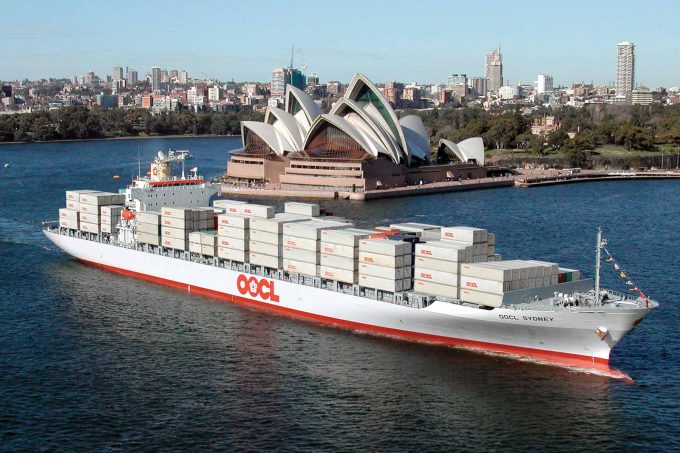Dispute at Australian ports heats up, leading to threat of 'lockouts'
Work stoppages have resumed across Australian ports after the latest round of bargaining between DP World ...

The International Transport Workers’ Federation (ITF) has condemned liner lobby group Shipping Australia’s (SAL) opposition to the creation of a state-owned fleet of Australia-flagged vessels.
The Loadstar previously reported on the government’s backing of proposals by the Independent Taskforce on the Strategic Fleet, published in November, to develop a national strategic shipping fleet reserve.
The plan is for a fleet of 12 vessels – domestically owned, registered and crewed – to “help Australia build resilience to freight disruptions, while supporting [its] maritime workforce and sovereign capability”.
SAL told The Loadstar: “The Strategic Fleet policy will fail to meet its policy objectives. Worse, it will likely prove highly damaging to the interests of cargo owners, Australian businesses and the general Australian public.
“We particularly fear the effect it will have on Australian businesses and ordinary Australian families… If manufacturers and primary producers are forced to pay higher charges to move cargo in Australian flag vessels, it will lead to increased import substitution of raw materials or finished products and may lead to the closure of Australian manufacturing businesses.”
However, the ITF criticised this stance and claimed SAL was more motivated by maximising profits for the multinational shipping companies it represents than the potential benefits to the Australian economy.
Chris Given, chair of the ITF’s Cabotage Task Force, said: “SAL represents major international shipping lines, including Evergreen, MSC, K-Line, HMM, CMA CGM, Maersk and Hapag-Lloyd. It seems to be more concerned with the profits of foreign multinationals than with the well-being of Australia’s economy, security, and maritime industry.
“The ITF commends the Australian government for its efforts to fortify cabotage, recognising its integral role in the nation’s well-being,” he added.
One of the key points of the taskforce report was that Australia’s Coastal Trading Act of 2012 should be reviewed, to “support the implementation of the strategic fleet”, leaving questions over the current situation whereby non-Australian vessels – effectively every containership now operating in Australian waters – are awarded temporary licences to carry domestic cargo between Australian ports.
The report said: “The proposal for the review reflects stakeholder concerns that the implementation of the current act has not achieved its purpose, and that strategic fleet cargo volumes and trade could be undermined by the current approach to awarding of temporary licences.
“The taskforce recognises the dual benefits of an efficient and robust cabotage regime in supporting Australia’s sovereign maritime capability, sovereign manufacturing industries and domestic trade.”
Mr Given added: “Maritime cabotage is essential for Australia’s domestic trade, national security and environmental sustainability. It also creates jobs and develops skills in the maritime sector. SAL’s opposition to a strategic fleet is nothing more than an attempt to protect the interests of its overseas members at the expense of Australia’s national interests.”
However, a SAL spokesman responded: “The ITF’s comments on our motivation are completely wrong… we are opposed because various strategic fleet policies in the past have repeatedly failed. They have been detrimental to the wellbeing of Australia and Australians, and they have been a drain on the public purse.
“This policy, or variations thereof, has been tried at least six times in Australia, and every single time it has failed and been highly damaging.
“We believe this would be the outcome of any future strategic fleet, no matter what form it takes.”
Comment on this article